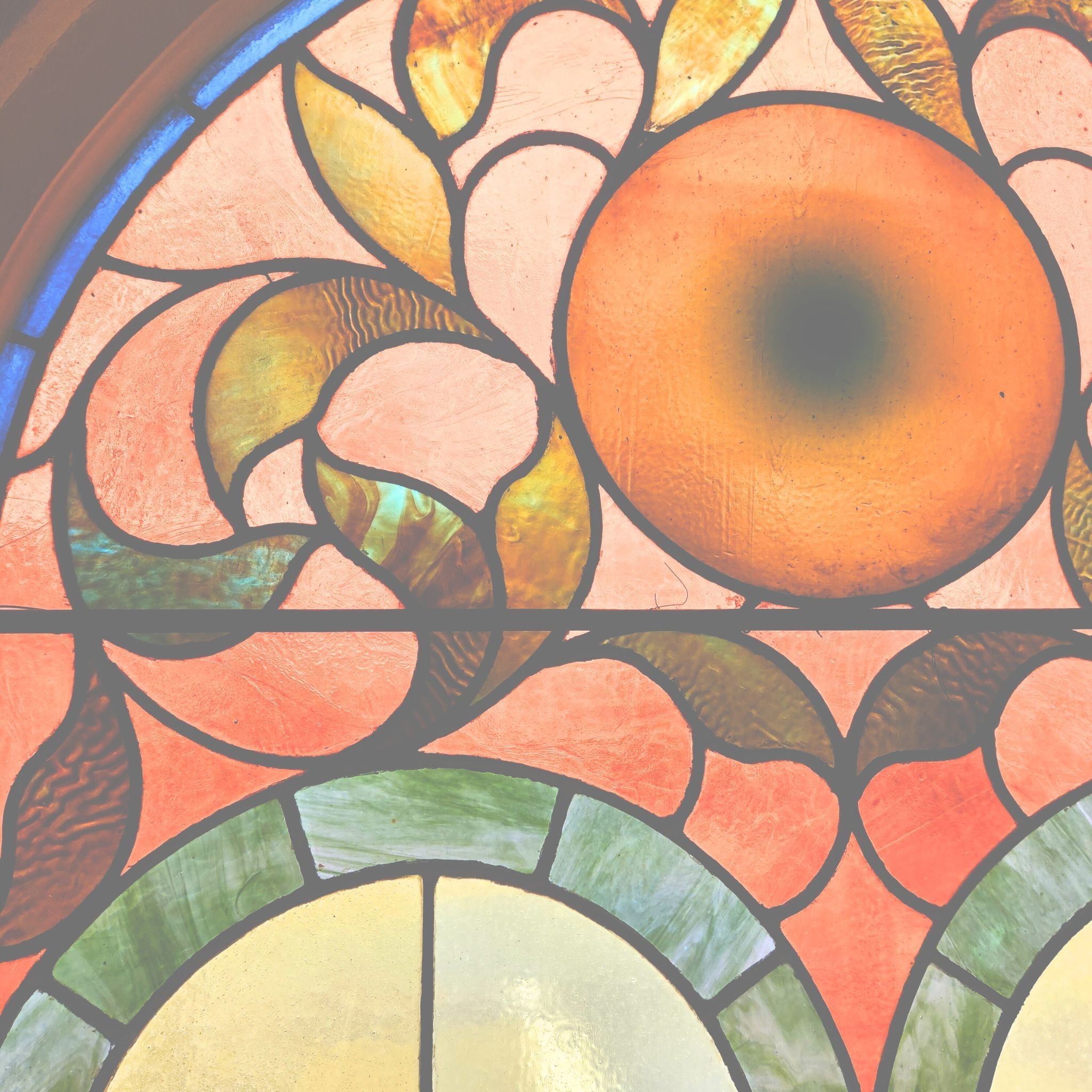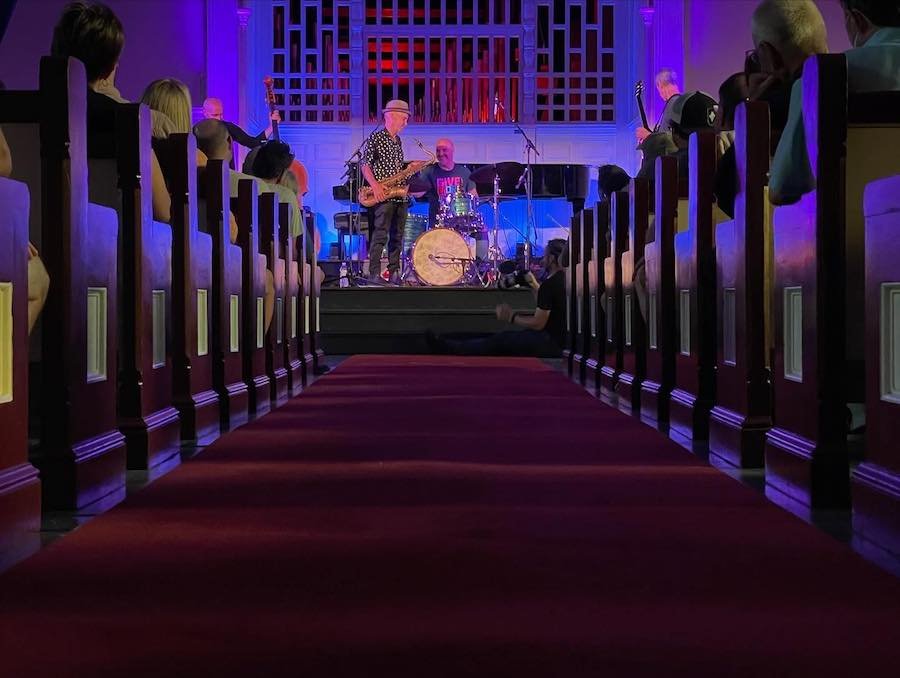
Our Staff, History, and Future
Our Staff
-

Rev. Dr. Marisa Egerstrom
SENIOR MINISTER
(she/her)
pastor@fccnorthampton.org
-

Aaron McMurray
ADMINISTRATOR
(they/them)
office@fccnorthampton.org
Where we come from
We gather on sacred land.
This valley of abundance, where the Connecticut river bends, is known as Norwottuck or Nonotuck among the Nipmuc peoples who inhabited the land when colonizers first began arriving in search of both religious freedom and material prosperity.
Before any building, boards, or bylaws, the church had begun informally in the 1850s, meeting under the great pine trees on Sundays with nice weather. Those same pines - for which Pine Street is named - were the gathering place for abolitionist leaders like Sojourner Truth, William Lloyd Garrison, and Frederick Douglass. The site of the church has always been one where, despite the history of violence and subjugation of the land’s original peoples, the dignity of every person has been proclaimed as sacred.
In 1861, as the Civil War began, Florence Congregational Church officially gathered for its first services in the midst of the utopian village of Florence, Massachusetts.
Soon, members coming from nine different denominations built a sanctuary and parish hall.
In Congregationalism, the local gathered community is in charge of its own approaches to worship, prayer, and theology. In the mid-nineteenth century, discussions about what it meant to love God and neighbor were heated and high-consequence: every church in Northampton that dates back to this time held a different position on the abolition of slavery.
Florence Congregational’s founding members included those who had left other churches in frustration over those churches’ lack of decisive action on the slavery issue. We believe the church served as a stop on the Underground Railroad. There is a trapdoor in the narthex (foyer) that closely resembles the secret doors in nearby buildings confirmed to be Railroad sites.
Photo: Julian Parker-Burns
FCC included women as full voting members from its inception. Today, and for as far back as anyone can remember, all people have been welcomed to participate in Communion if they so desired. As these practices have become more the norm than not, it is easy to forget just how radical this heritage is.
In 1998, Beit Ahavah - The Reform Synagogue of Greater Northampton formed, and joined FCC in making 130 Pine Street its sacred home. The two congregations have shared space and collaborated in service since that time.
Throughout its history, FCC has held as sacred every individual’s way of connecting with God and community.

Florence Congregational has surged and ebbed along with the rest of American Christianity.
Like so many churches, FCC’s heyday was in the mid-20th century, and has slowly declined since then.
By the 2010s, congregational decline was turning severe and it was time to make drastic changes. The congregation began looking for a buyer of the building who would allow the church to remain while also making use of the property in more ways.

In 2022, amidst the pandemic, Bombyx Center for Arts and Equity began managing the building and hosting events.
Bombyx has brought new life to the building, with resident arts groups that include two choruses, a brass ensemble, and a taiko ensemble. Weekly art classes and monthly soundbath events are just the beginning.
In addition, Bombyx hosts conferences, art shows, community events, and festivals, as well as private rentals for families and organizations. These multiple uses restore 130 Pine Street to its original, community-focused, multiple-use existence.
This combination of arts productions and creative convening is the kind of broadly-accessible programming that not only makes our historic church a blessing for vastly more people, but it also makes it a place eligible for the funding necessary for bringing a historic property up to modern code. Without our partnership with Bombyx, we would not be able to renovate the church for broader community use.
Photos: Julian Parker-Burns
Churches were never meant to be exclusive clubs that only benefit a few people.
So what’s next? That might be up to you!
Now we are examining our sacred heritage, and all that has been entrusted to us. We are again a church in the midst of urgent efforts to make local and national change, and questions of how to honor the dignity of every person are at the center of how we try to live as neighbors.
Times have changed. Just as this church drew from the convictions of its community at its founding, we are now at a time of listening again. What does your soul long for? What does community mean to you? We know you don’t need church to be good. But how could a church help your life be more whole?


